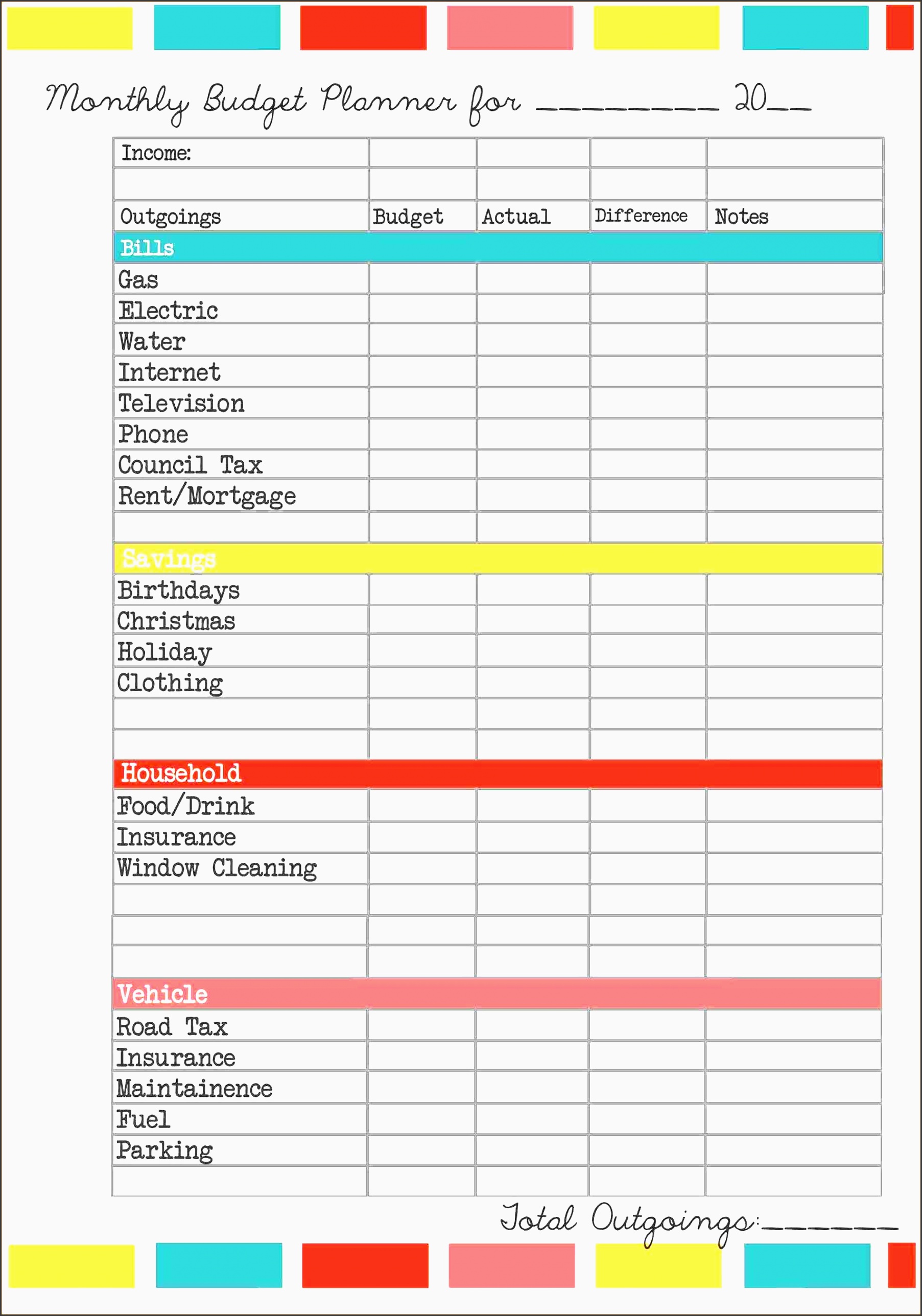

This strategy's big perk is that it prioritizes your goals and allows flexibility in spending.

You'd start by subtracting that $1,000 from your monthly take-home pay (say $4,000 - $1,000), and then use that number ($3,000) for your monthly bills and expenses. So, say you know you want to put $500 toward your mortgage and $500 into savings each month.

This strategy starts with your financial goals and works backward. Tracking each expenditure and every dollar you earn can be tiresome, and it's also difficult to use on unpredictable incomes (you never know how much you can allot for each expense). The main drawback is that it's time-consuming. The advantage of a zero-balance budget is that it accounts for every dollar, ensuring you make the absolute most of your earnings. Under this strategy, if you were to find yourself with an unspent $300 at the end of the month, you'd put that money in savings, make an extra loan payment, or make some other use of it. That means you use all your income each month - first, toward your essentials, and then, toward your wants and financial goals. With a zero-balance budget, you're trying to get your income minus your expenses to equal zero. (If you live in a high-cost housing market, for example, adhering to that 50% rule may be impossible). On the downside, it doesn't take into account your circumstances and may not work in every scenario. The benefit here is that it's a simple, easy-to-learn approach, and it doesn't force you to account for every single purchase or expenditure. "It's actually the first step in putting yourself in control of your finances because it means you know where your money goes each month." "Building a budget doesn't have to be overly complicated or time-consuming," says Brittany Castro, in-house certified financial planner for Mint.
Budget planning ideas how to#
How to budget your moneyīudgeting is critical if you want to stay on top of bills, pay off debts, or save for the future, and there are several ways to go about it. Without one, there's a chance you could run out of money before your next pay date. In short: Budgets allow you to get the most out of your paycheck. It ensures you have the funds to cover your essentials - like housing, groceries, utilities, and your monthly debt payments - while also working toward other financial goals. By clicking ‘Sign up’, you agree to receive marketing emails from InsiderĪs well as other partner offers and accept ourĪ budget is, at its simplest, a plan for how you'll spend your earnings.


 0 kommentar(er)
0 kommentar(er)
